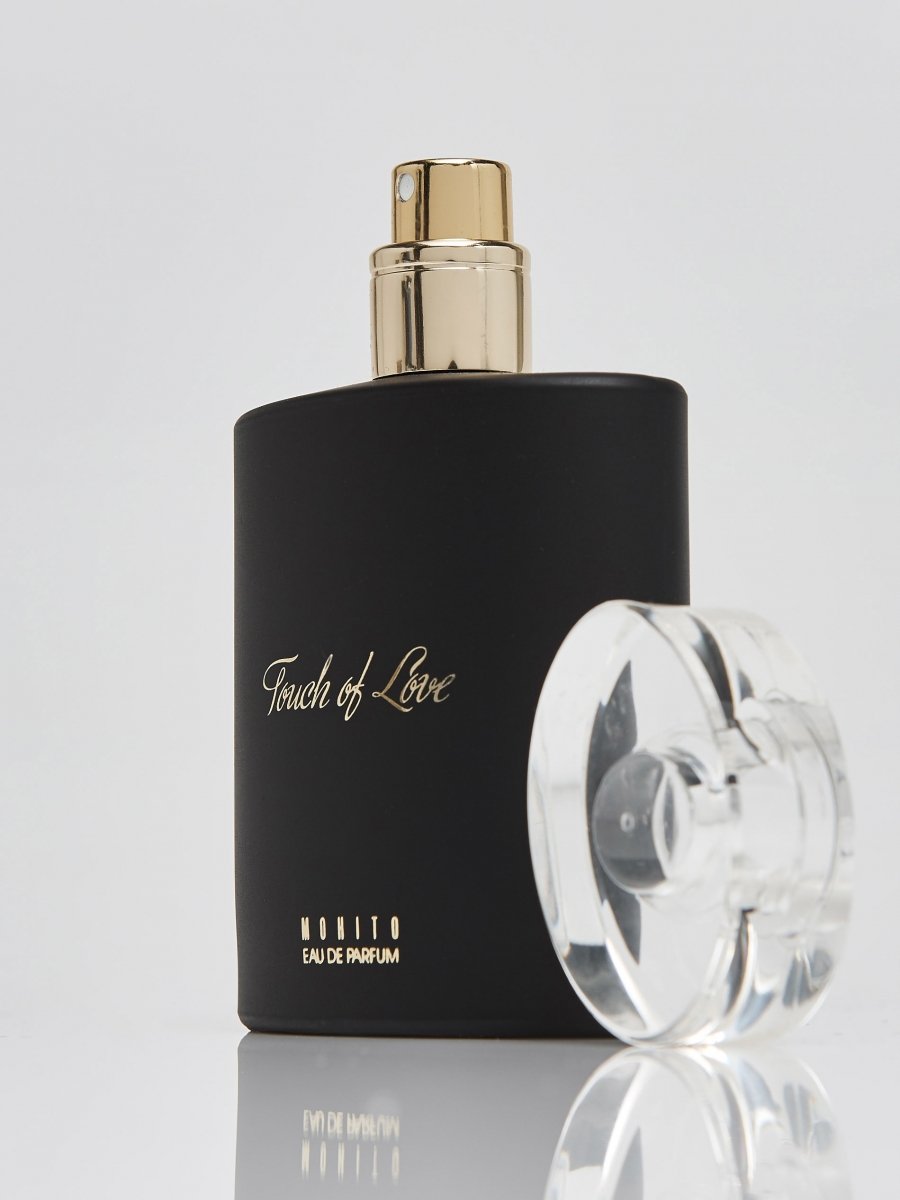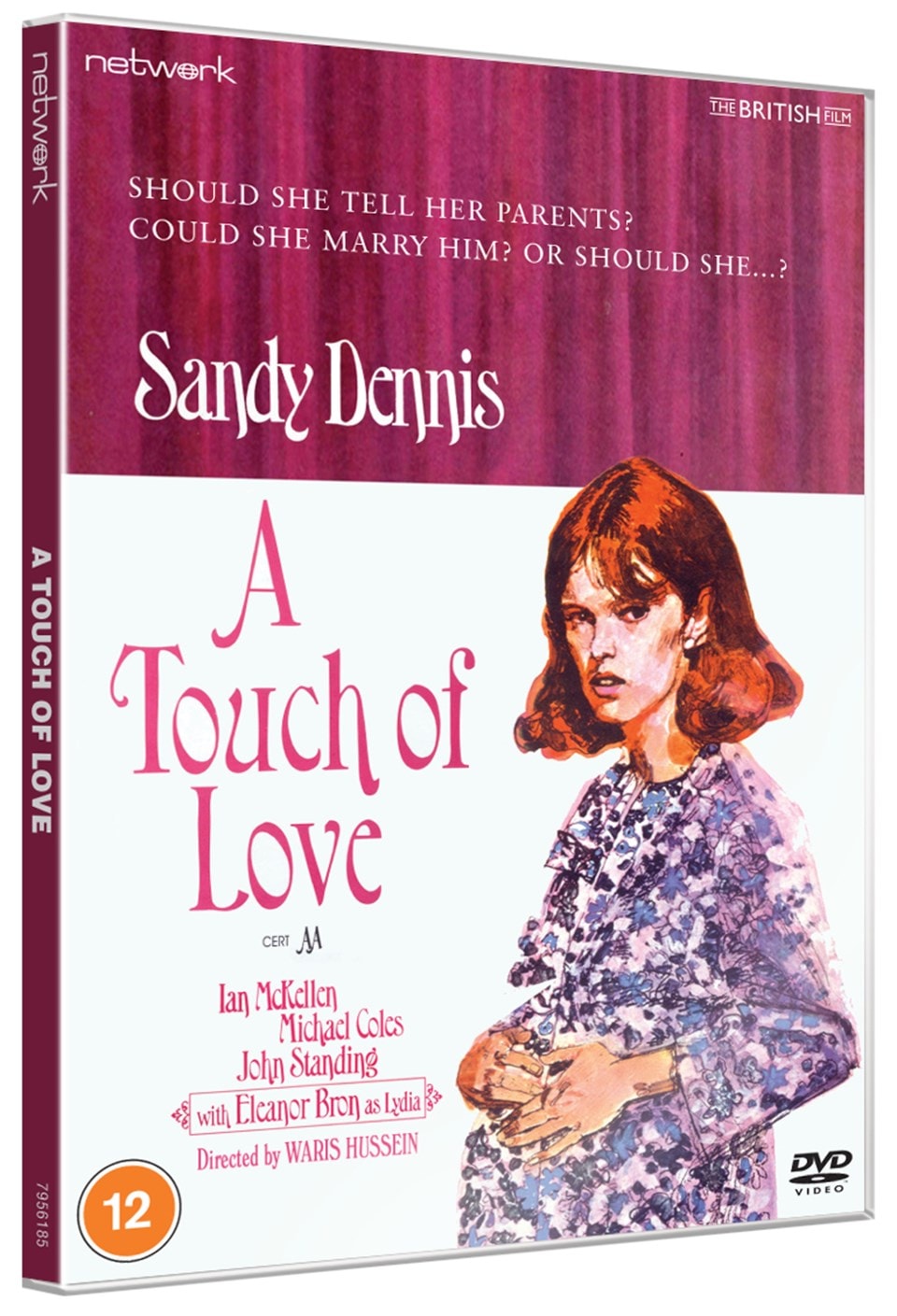

Robin: My writing falls into two distinct categories. What are the distinguishing characteristics of your writing? “Interviewer: Tell me about your writing. Robin: Pallor, depression, extreme social gracelessness, malnutrition and sexual inexperience.”

Interviewer: What would you say were the main characteristics of the group? It was where we used to buy our sandwiches. “Interviewer: I suppose the university used to play an important part in your collective intellectual life. I particularly enjoyed the imaginary interview Robin gave in his head about his short stories: This is also the funniest Coe novel I’ve read yet. Was it to illustrate the random nature of existence? But Emma was an interesting character to get to know too so none of this stuff really bothered me, it’s just to say again that I have no idea what Coe was trying to say with this novel, if anything. I didn’t really understand the point of the “crime” Robin committed, given how bizarrely it develops out of nowhere, other than to give him an arc, of sorts, and introduce us to Emma, his solicitor, whose life we also get to know. There are four short stories dotted throughout, “written” by Robin, all of which were fun as well as providing an insight into his gloomy, lonely life and mind. It’s really well-written and surprisingly entertaining - enough that I blew through it in a weekend, no problem. In that sense the title - A Touch of Love - is appropriate it’s bland and forgettable, without much to suggest it.Īnd yet - I liked the novel too.

I think that’s why the book is not terribly memorable - Coe’s going after too many things, in a relatively short book too, but without leaving much of an impression on any of them. The regret and might-have-been moments are rather poignant.īut it’s also a light satire on academia, particularly the humanities, and a fairly gentle critique of 1980s Britain (anyone else remember John Menzies and BHS?): the conservative politics, subtle racism, and the perceived increasing vacuity in the general populace. Or not - it’s unclear whether Robin’s current low mental state is a result of an unsuccessful love life or whether he was always this way. Robin was secretly in love with Kate but he never said anything to her or acted and so Ted ended up marrying her even though she, and Robin, might’ve been happier together. I suppose if it’s about anything, it’s about heartbreak and regret, the topics of a gazillion songs. But then that’s kind of the book’s major failing: its lack of focus, making it hard to understand what Coe was driving at. Like all of his work, the tone of this story is light and comedic, so it’s not really about the criminal accusation, and, even when it is, it’s dealt with rather amusingly. I quite liked Jonathan Coe’s second novel, A Touch of Love, but it’s a tough book to summarise. And then poor Robin is accused of a shocking crime and his life begins to unravel. Ted is a salesman and married to Kate, their mutual friend, and Robin is unemployed (and unemployable) dossing about not doing much, avoiding doing his thesis, and basically being depressed.

Two old university friends meet in the years following graduation to catch up.


 0 kommentar(er)
0 kommentar(er)
